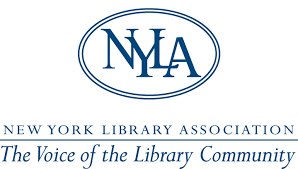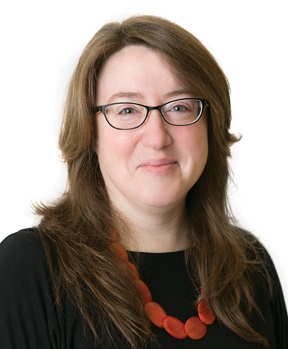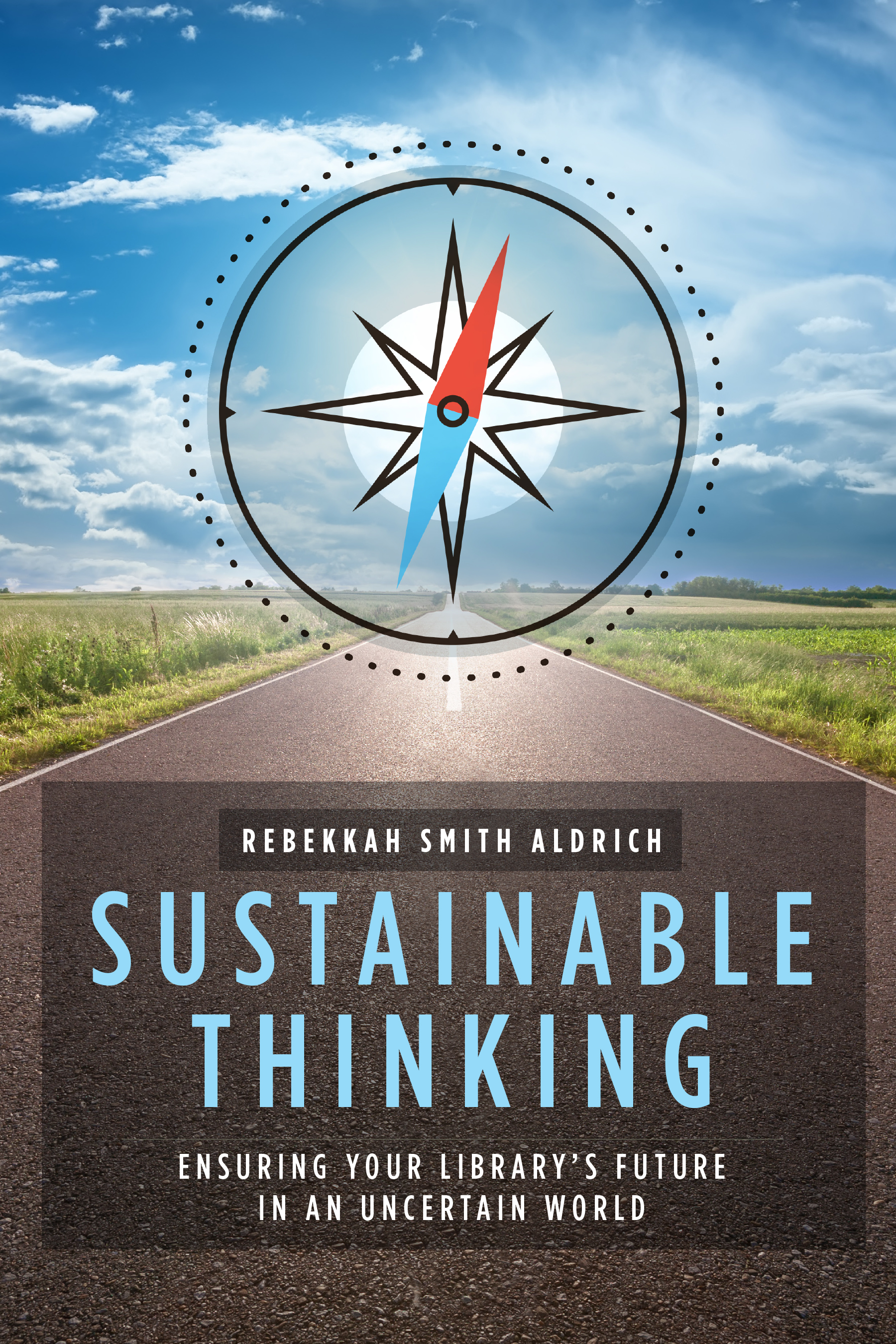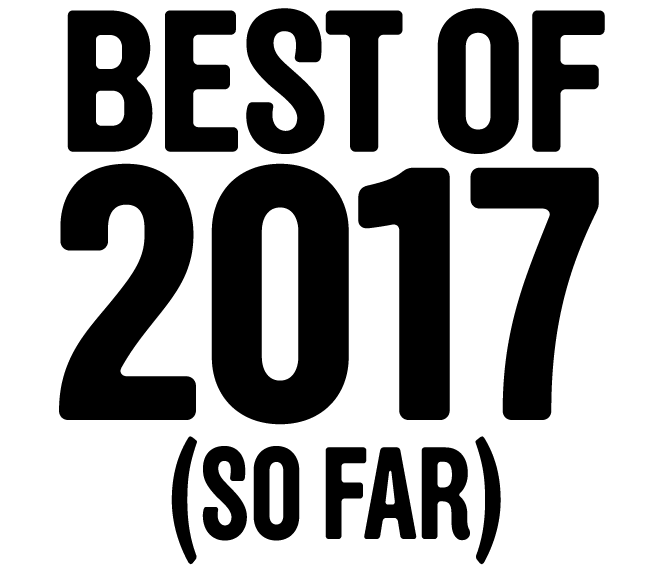NYLA Council Approves Sustainable Library Certification Program; Historic Decision Launches First Benchmarking Initiative of Its Kind
View as PDF
The New York Library Association (NYLA) is proud to announce a one-of-a-kind opportunity for New York’s public libraries to step up as sustainability leaders in their communities: The Sustainable Library Certification Program.
The Council of NYLA approved the program at their August 10, 2017 meeting, on the recommendation of the NYLA Sustainability Initiative Committee (NYLA-SI), to help realize the goals of the Council’s own Resolution on t he Importance of Sustainable Libraries. That resolution, passed February 6, 2014, articulated the commitment by NYLA to “…enthusiastically encourage activities by its membership – and itself – to be proactive in their application of sustainable thinking in the areas of their facilities, operations, policy, technology, programming and partnerships.”
he Importance of Sustainable Libraries. That resolution, passed February 6, 2014, articulated the commitment by NYLA to “…enthusiastically encourage activities by its membership – and itself – to be proactive in their application of sustainable thinking in the areas of their facilities, operations, policy, technology, programming and partnerships.”
The Sustainable Library Certification Program’s cutting-edge benchmarking system is designed to help libraries improve their “triple bottom line” as environmental stewards, economically feasible institutions and as community leaders that place great stock in social equity.
“This initiative exemplifies the commitment of NYLA and our member libraries to community leadership,” said Barbara Stripling, President of the New York Library Association. “It is our willingness to take on important issues, and help our communities find solutions, that ensures that libraries will always be an integral part of our communities.”
Organizations that achieve Certification through this program will:
- reinforce their roles as leaders in their communities
- ensure that sustainability remains part of their library’s process and practice in the future and
- receive recognition for their commitment to making their communities more resilient, while making their communities stronger
“NYLA is thrilled to serve as a conduit for this important work, bringing together the efforts and passions of the dedicated members of the Sustainability Initiative,” said Jeremy Johannessen, NYLA Executive Director. “This certification program serves as an important step in ensuring the long-term vitality of the libraries in our state.”
The Committee has worked to create and assess a custom process modeled on what has proven successful in other industries – from the business world (e.g. B Corporation certification), to the world of construction (e.g. Leadership in Energy & Environmental Design certification), to academia (e.g. The Association for the Advancement of Sustainability in Higher Education Sustainability Tracking, Assessment & Rating System). This tool fills the void in the library field.
The Sustainable Libraries Certification Program will be the first of its kind in the nation, if not the world. The program is designed to lead a library’s administration, board, and staff through a series of questions and activities that ultimately lead to creating a more sustainable, resilient, and regenerative library that is well positioned to help its community thrive.
Work a library will undertake to strengthen their organizational culture of sustainability through this program will include a variety of activities including an employee survey; policy development; data collection to benchmark resource usage; program design; and outreach efforts in your community. Technical assistance in completing the certification path will be provided.
This program is open to all public libraries in New York. There is a discounted rate structure through the end of 2017 for early adopters. Versions for the academic and school library community are currently in development.
To learn more please visit: www.nyla.org/sustainability

 Certified Sustainable | Library Design
Certified Sustainable | Library Design SLCP combines actionable steps, policy suggestions, and data-gathering tools; participants also receive support from technical advisors and one another through in-person and online meet-ups and webinars. The program’s 12 categories include….Read the full article here.
SLCP combines actionable steps, policy suggestions, and data-gathering tools; participants also receive support from technical advisors and one another through in-person and online meet-ups and webinars. The program’s 12 categories include….Read the full article here.







